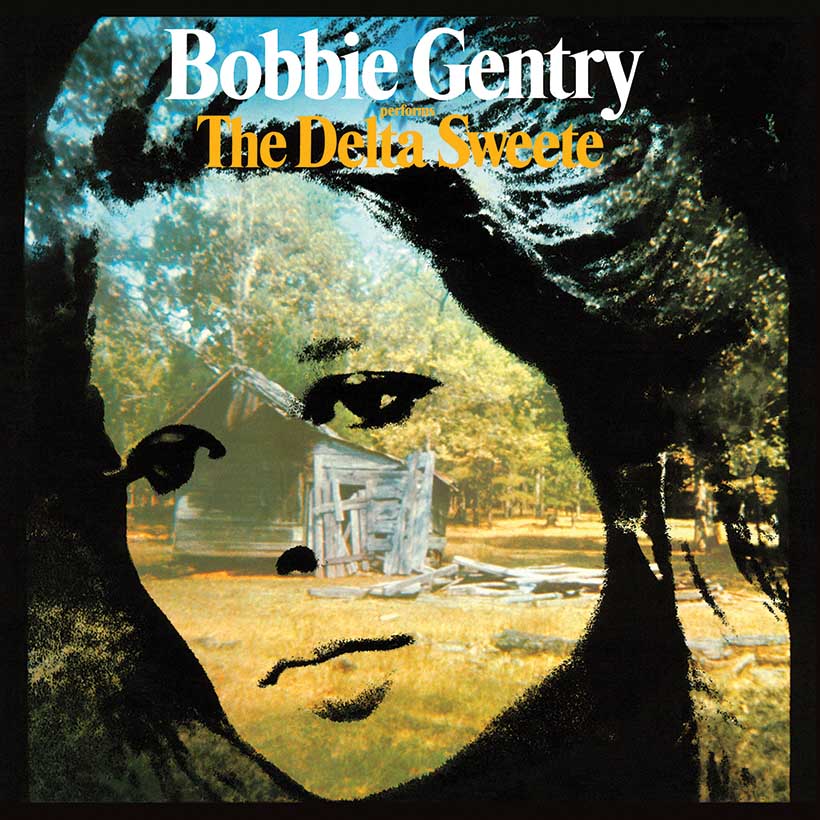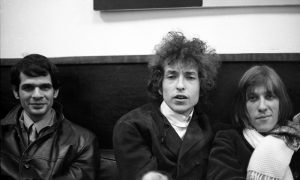Bobbie Gentry’s music never had a genre as much as it did a place: the most sweltering, humid corners of the American South, as alluded to in the title of her sophomore album, The Delta Sweete.
Though it was recorded at Capitol Recording studio in Los Angeles, the release continued the defiantly local project Gentry had started on her massively successful debut, 1967’s Ode To Billie Joe. Rather than hewing to marketing-friendly genre touchstones, the Mississippi singer-songwriter imported all the sounds of the Delta at once, seamlessly nodding to the blues, backwoods country, contemporary soul, funk, and psychedelia without really ever privileging one over the other – forcing listeners to understand that she was making, simply, pop music that didn’t fit neatly into the kinds of stylistic divisions that had been quite intentionally designed along racial lines.
Listen to The Delta Sweete now.
When Gentry recorded The Delta Sweete, she was an overnight sensation trying to match the culture-shifting impact of the noirish, sultry “Billie Joe.” But though The Delta Sweete was critically acclaimed upon its release in early 1968, the album was generally seen as a commercial flop – especially in comparison to the success of Gentry’s debut. Its reputation has grown over time, as new generations have come to see the meaty concept album as a crucial ingredient to the story of the mysterious artist, who stepped out of the spotlight decades ago and has been living in seclusion since.
The album’s greatest success is that it is tactile and unexpected enough to convey what might, in less careful hands, seem like a series of cliché vignettes of Southern life. The guitars twang and buzz, the bass rattles, the horns sound like they’re echoing off some juke joint’s walls – and of course Gentry’s velvet, smoky voice and forcefully specific songwriting threads the whole thing together.
As the original release’s liner notes put it, “Here is the dust, the fragrance, the molasses, the grits and grit, the love, sorrow and humor of the Delta country.” Gentry is immune to flights of fancy, and her uncompromising rootedness, ironically, allows for more successful experiments. Take the cacophony of “Reunion,” a narrator-less depiction of a family reunion, which is so accurate as to practically be avant-garde; Gentry screeches and wails to create layers of sound akin to what one might actually hear at a family reunion.
And no matter how glossy the string section gets, it’s always grounded by Gentry’s signature finger-picked guitar. Instead, the glossy strings and bright horns keep her bluesiness from devolving into parody, especially on covers like Jimmy Reed’s “Big Boss Man” and Mose Allison’s Bukka White-cribbed composition “Parchman Farm.” There’s enough of a twist that the music sounds like Gentry, not like she’s recreating note for note the rich music she grew up surrounded by.
That The Delta Sweete wasn’t widely appreciated in its own time is simply proof of how modern it was and is. Her genre-resistant music, a potent symbol of unity and togetherness, reflected the best version of the place she called home – a version that still hasn’t been fully realized, but certainly offers something to work towards.




